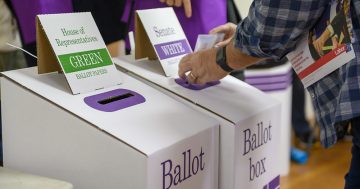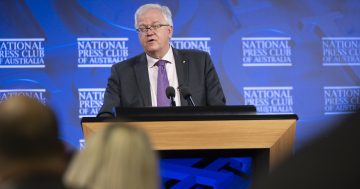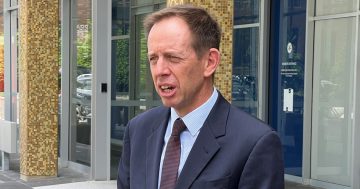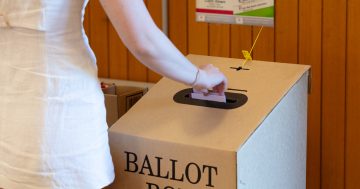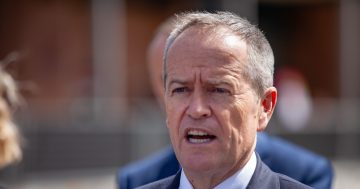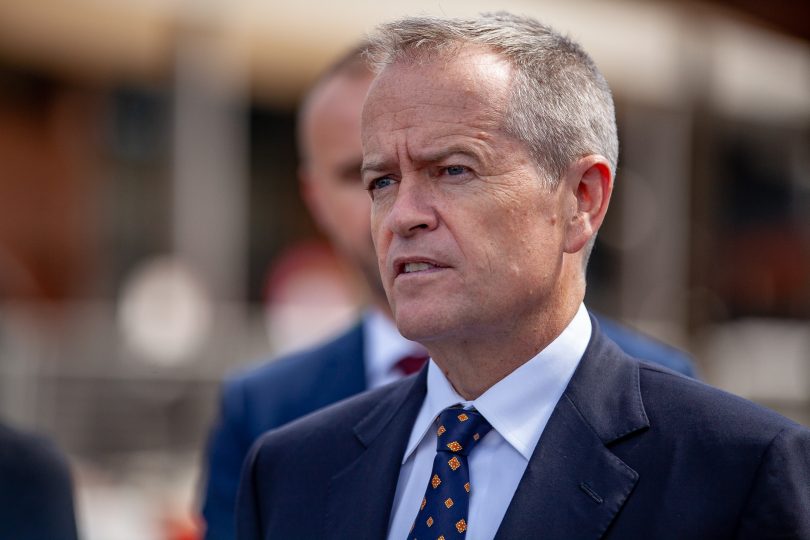
Bill Shorten failed in the end to convince undecided voters. File photo.
Labor bit off more than it or the voters could chew with a leader that failed to convince them that the Government should change, according to a new ANU research on the 2019 federal election.
As part of the ANU poll series of surveys, Associate Professor Nicholas Biddle from the Centre for Social Research and Methods examined voter volatility – or changes in who Australians said they would vote for in the lead-up to the May election, and who they actually voted for on election day.
He found more than a quarter of those surveyed ended up voting for a different party than the one they’d indicated, and for all the talk about the Coalition having a woman problem, the volatility of the female vote proved significant in the Coalition retaining Government against most predictions.
Those who didn’t intend to vote for the Coalition, but ended up doing so were ”more likely to be female, at the upper end of the age distribution, non-Indigenous, without a university education, and living outside the most disadvantaged areas in Australia”, Professor Biddle said.
But the picture was far from uniform and the story a mixed one. “These individuals also tended to be less supportive of population growth. And despite the popular narrative, they were no more likely to support populist views,” Professor Biddle said.
And while the election seemed focused on the leaders, many voters were very much looking at their local candidate.
“The most common reason given [for changing their vote] was their views on the local candidate had changed,” Professor Biddle said.
The data also shows that Labor faltered in the so-called unlosable election because the risk-averse were eventually deterred by the breadth of change Labor offered.
Professor Biddle said it wasn’t necessarily the policies themselves, or being anti-government intervention but more likely the number of policies, the range of areas which Labor was proposing to make changes with in the end that changed their minds.
“It gives some indication that a typical Labor policy platform will not necessarily put voters off but it needs to be more well-targeted and less likely for people to feel that their savings or income is at risk,” he said.
In contrast, the Coalition was much more focused with its centrepiece tax cuts policy.
“To me, the difference between Labor and the Coalition in this election is not so much that a big policy change can’t be argued or prosecuted, it’s that multiple policy changes across multiple areas can be very hard to prosecute,” Professor Biddle said.
Many voters also could not bring themselves to back Bill Shorten on election day, with many citing him as a reason for not voting Labor.
“When it really came down to it people just weren’t able to support him,” he said. “For whatever reason, rightly or wrongly, Bill Shorten was not able to convince those swinging voters.”
Professor Biddle said the results had clear implications for polling in Australia. “More care and transparency about how these groups are treated should be a real focus of any adjustments to polling in Australia,” he said.













